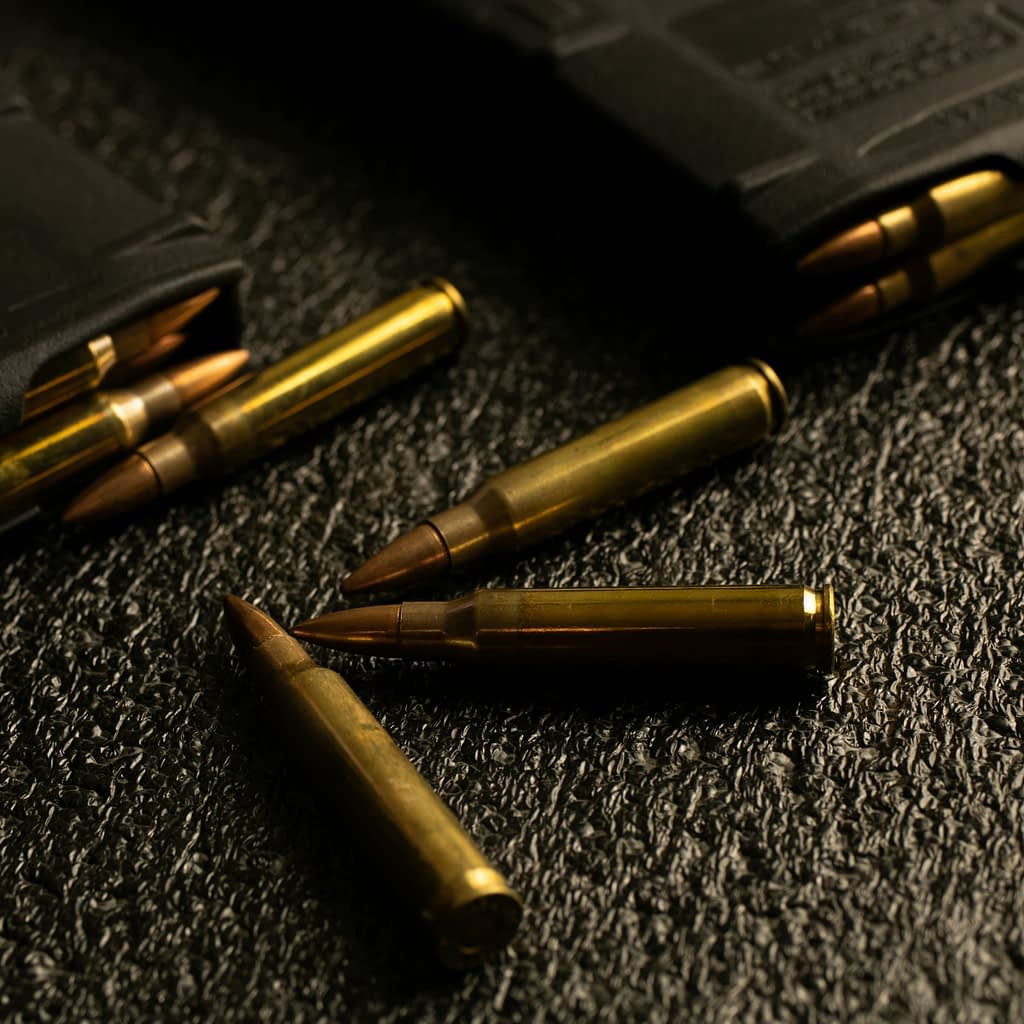As European defense spending increases, Israeli weapons manufacturers see an opportunity to boost arms sales and enhance national self-sufficiency.
Sanctions Driving Domestic Production
Following Israel’s military operations in Gaza, several key allies including the US, UK, and Italy restricted military exports to the country, hoping to push Prime Minister Netanyahu’s government toward diplomatic solutions. The unexpected result: Israel’s defense industry significantly ramped up domestic production capabilities.
Today, Israeli arms manufacturers are looking to increase exports—including previously embargoed weaponry—with potential buyers ironically including some of the same nations that had imposed restrictions.
Major Production Expansion
Israel’s defense producers have dramatically scaled up operations:
- Elbit Systems Ltd. is establishing manufacturing lines for MK84 one-ton aerial bombs and smaller variants from the same series
- Since August, Elbit and the Defense Ministry have signed contracts worth approximately 2.5 billion shekels ($700 million) to increase production of weapons and chemical compounds for munitions
- In May 2023, the ministry announced a 2.8 billion shekel contract with Elbit for mortars, rockets, and missiles
- October saw a 2 billion shekel deal with Elbit and state-owned Rafael Advanced Defense Systems Ltd. to expand production of the Iron Beam laser-based missile-interception system
“Israel has to be more independent in armaments production,” states Bezhalel Machlis, Elbit’s CEO. Defense Ministry chief economist Zeev Zilber reinforced this sentiment: “We learned the hard way that what we don’t have in Israel, we often can’t get elsewhere.”
Economic Impact and Strategic Direction
Despite economic challenges from the ongoing conflict—including record government borrowing of 278 billion shekels in 2024, a budget deficit reaching 6.8% of GDP, and growth slowing to just 0.9%—officials argue that expanding weapons production capacity will ultimately benefit the country.
The Defense Ministry has more than doubled its prewar budget to 154 billion shekels and committed 220 billion shekels for future purchases of ammunition, weaponry, and fuel. Significantly, over two-thirds of this spending will remain within Israel, approximately quadrupling prewar domestic defense spending.
Historical Context and Global Position
Israel’s emphasis on defense self-sufficiency isn’t new. Just before the 1967 Six-Day War, France—then Israel’s primary weapons supplier—declared an embargo, forcing rapid development of domestic capabilities. This evolution culminated in achievements like the Iron Dome air-defense system two decades ago.
Today, Israel ranks as the world’s eighth-largest arms exporter according to the Stockholm International Peace Research Institute, with military equipment comprising 6% of total exports ($13.2 billion) in 2023.
Technological Advancements and Market Opportunities
Recent developments are enhancing Israel’s reputation for arms innovation:
- In February, companies successfully tested advanced technologies for intercepting drones at various ranges, speeds, and altitudes
- Elbit is exploring plane-based laser defense systems to dramatically reduce missile interception costs
- The government is working with Elbit on advanced systems to enhance protection for F-16 fighter jets and pilots
These battle-tested technologies will likely appeal to European buyers facing pressure to increase military spending amid changing geopolitical dynamics.
“The first question every government asks before buying from Israel is: Does the IDF use this?” explains Avi Dadon, former deputy director general of the defense ministry. “Governments continue to buy from us because Israel has unique products and cutting-edge technologies.”
Balancing Self-Reliance with International Relations
Despite efforts to increase domestic production capacity, defense officials acknowledge Israel still needs American support. The country has received almost $17 billion in US military aid over the past 18 months, and all its fighter jets are American-made.
However, given shifting political landscapes among traditionally reliable partners, Israeli military leaders emphasize the need for continued domestic industry growth.
“This war has demonstrated that we must be self-reliant,” stated newly appointed IDF chief Eyal Zamir. “We have revived dormant production lines, expanded existing ones, and established new manufacturing capabilities. Reducing our global dependencies enhances our security, economy, and industry.”




